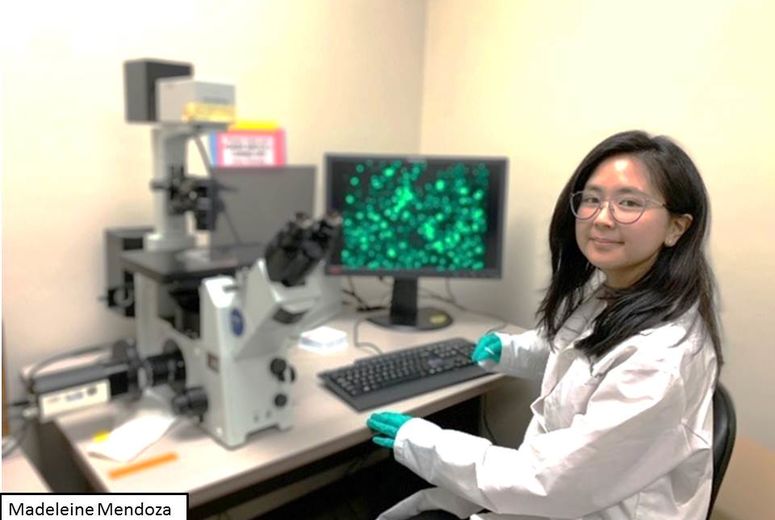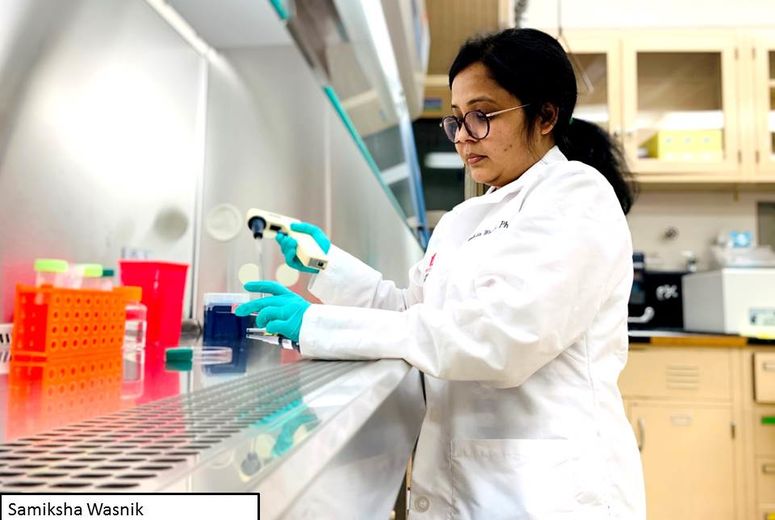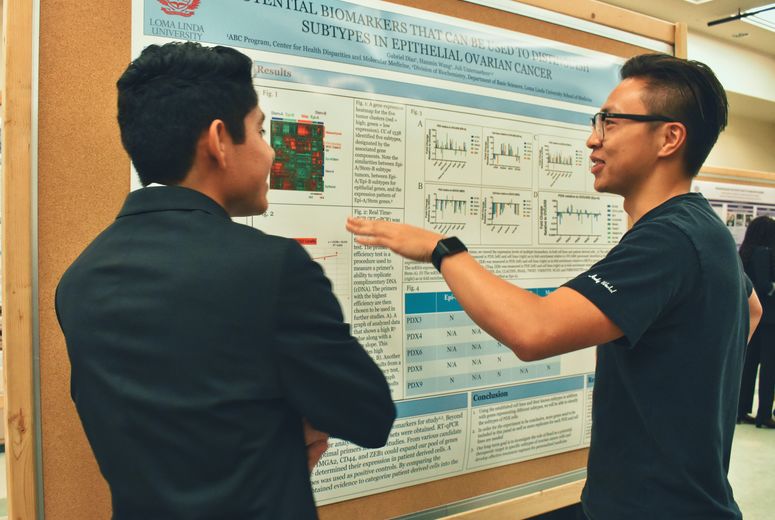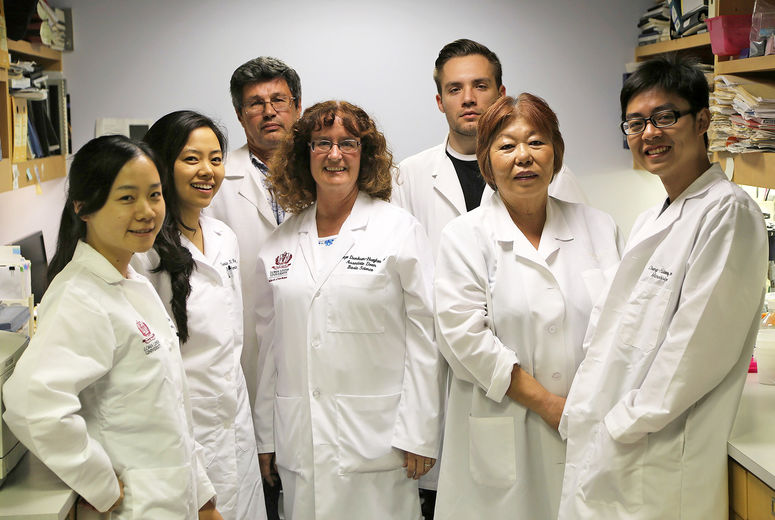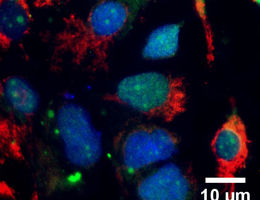
In keeping with Loma Linda University's mission "To Make Man Whole," the Cancer, Developmental and Regenerative Biology (CDRB) graduate program aims to provide state-of-the-art training, within the Christian framework, to prepare the future biomedical workforce with the skills and information needed for successful careers as researchers and educators.
Areas of Scientific Interest

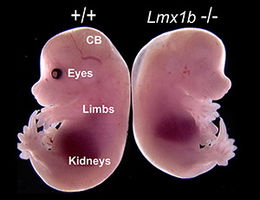
Developmental Biology

Regenerative Medicine
The School of Medicine offers basic sciences curricula leading to the Master of Science and Doctor of Philosophy degrees. The core curriculum provides a broad background in molecular biology, cell biology, and biochemistry. Advanced courses allow each student to fully develop an area of interest.
Program Learning Outcomes
By the end of this program, the graduate should be able to:
- Demonstrate a broad knowledge of the biomedical sciences.
- Demonstrate subject mastery in cancer, developmental, or regenerative biology.
- Interpret the current literature in the field.
- Design hypothesis-driven studies to address key questions in the field.
- Make original contributions to the body of biomedical knowledge.
- Demonstrate the principles of scientific and professional ethics.
- Write effective scientific publications and grant proposals.*
*This outcome is not applicable to M.S. degree students.
View CDRB Course Descriptions and Requirements in the Loma Linda University Catalog.

